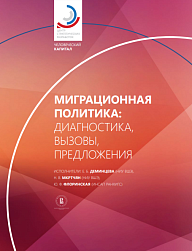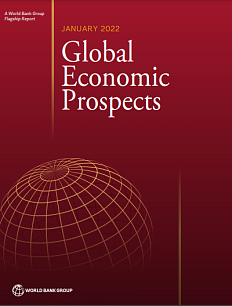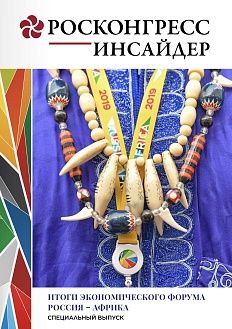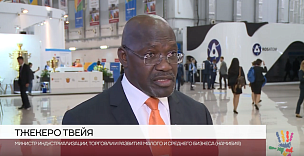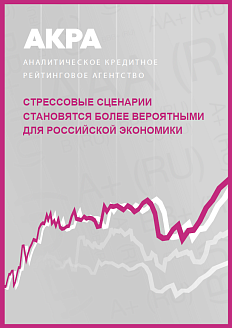The report analyses key trends in temporary labour migration, long-term migration, talents and students migration. Assessing current migration processes by all these parameters authors conclude that the Russian job market will gradually become less attractive while maintaining current economic conditions for current key donors (CIS) as a result the number of temporary labour migrants will decrease. According to the forecasts made by the Rosstat, Russian population will start to decline again after 2024 (as we can see in the medium scenario). Goals of the migration and demographic policies will require additional measures to involve migrants.
As contemplated by the «no change» scenario, fellow citizens and migrants will have been no longer involved from countries which have similar ethnic and cultural environments by the mid-2020s. If Russia creates immigration channels for those having no similar ethnic and cultural backgrounds but ready to join the receiving society and whose professional skills will be required by the economy, it will be possible to increase the migration gain up to 400 500 thousand persons per annum and at the same time prevent the strains on the social fabric.
As contemplated by the «no change» scenario, the domestic spatial mobility will remain at the current level and temporary migration may be reduced due to the lingering impact of the economic crisis and stagnation. The migration outflow from eastern regions can decrease or end if migration potential is depleted, but contrasts between settlements will gradually increase.
The current inflow (about 200 thousand full-time students) will remain at the same level provided that Russian education is actively promoted in the CIS, Asia, and Africa. However, it is predicted that after 2025 the number of students from the CIS will decrease, mainly because of a decline in Russian enrollees.
In the existing circumstances foreign specialists may lose their interest in entering Russian job market. Weakening rouble and decrease in foreign economic relations of Russia result in that already working specialists are relegated and new ones are not engaged. Authors of the report outline several major inadequacies in the existing migration policy of Russia to be eliminated in the nearest future.
Firstly, a lack of consistency in the migration policy. In the near term, goals of such policy need to be set and carefully followed at all stages of developing migration laws and in legal enforcement without looking back at instantaneous economic situation.
Secondly, a lack of clear differential selection of migrants. Apart from the insufficient program for engagement of skilled personnel, there is barely any scope for engagement of skilled personnel having competencies which are in deficiency in the Russian job market. However, the complexity of a solution to these problems is conditioned not only by the lack and insufficiency of the procedure for engagement of potential employees but also by low migration attractiveness of Russia especially outside the countries of the former Soviet Union.
Thirdly, a lack of a flexible and transparent procedure for obtaining permanent residence and citizenship. Migrants have a little choice of a strategy for staying in Russia from short-term to long-term. Permanent residence is not used separately but as a step towards the access to citizenship.
Fourthly, a lack of an integration policy in Russia starting from the conceptual basis and ending with a very limited number of integration institutions. The refusal of such policy in the nearest future will devolve into foreigners feeling a growing «threat» and outbreak of potential inter-ethnic conflicts. Integration programs are required for various groups of migrants: those planning to stay in Russia, children of migrants as well as host society, and cooperation with mass media.
.png)


